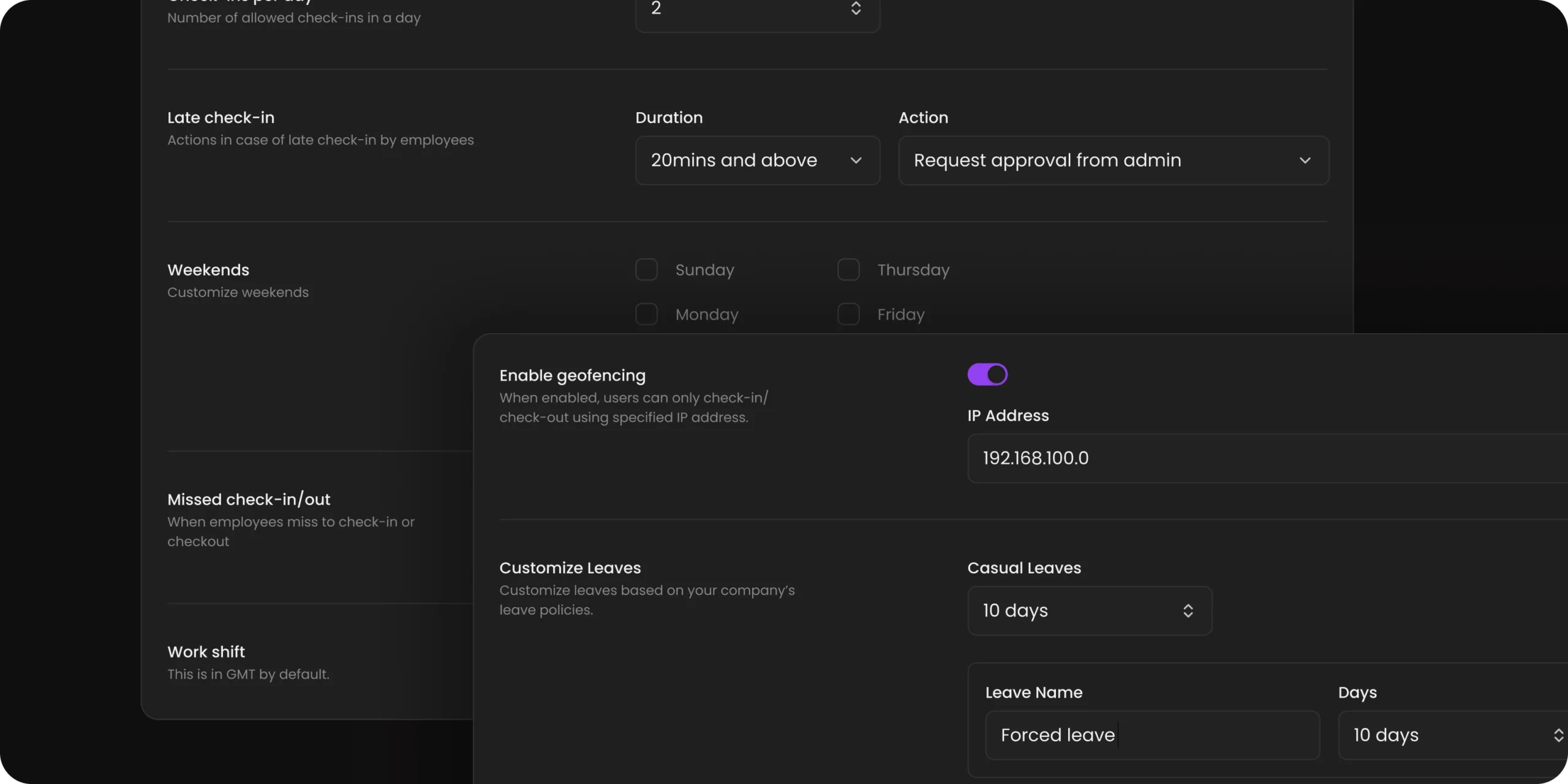Historical Data Analysis
Perform analysis on historical data to establish patterns in the business environment. Use these insights to develop strategies that are in line with long-term business objectives. Historical data serves as the basis for strategic planning and decision-making.
Utilize historical data analysis to uncover key trends, and predict market shifts in order to develop strategies that match with long-term business goals.

Integrated Calendar
Stay aligned with company goals by actively viewing and managing the schedule of upcoming events, meetings, and deadlines to improve coordination. Regular review of such schedules promotes coordination, effective and timely participation. Efficient tracking and organization of key activities are allowed for without conflicts, staying right on track.
Enhanced visibility into deadlines and meetings, hence allowing for effective prioritization of tasks.

Dashboard Updates
Support the business decision-making process with up-to-date team status, current date, local weather, and local time for more informed decisions. Real-time information, in this respect, provides context for proper planning and scheduling. Access to the weather currently and the time will be allowed to shape the decisions regarding environmental concerns.
Stay current with team availability and operational conditions. Make more informed, timely decisions with comprehensive real-time data.

Policy Enforcement
Enforcement of policies and a fair working environment, so all employees will be certain that everyone is working under the same conditions. Consistent communication of expectations and consequences manages accountability. Clearly defined and well-enforced policies guarantee productive and respectful work environments.
Set clear guidelines and enforce policies to foster discipline and accountability in the workplace.
